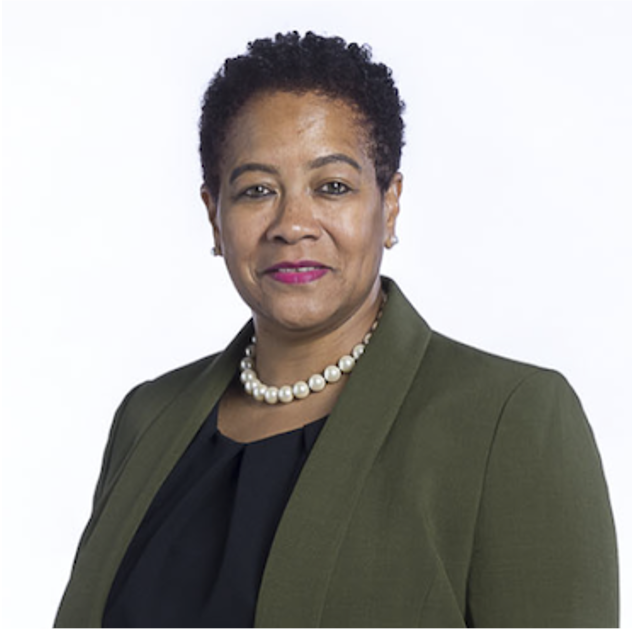Chamber News
What Are Race-Neutral Alternatives? | The Equity Connection | October 2023
October 5th, 2023
Community leaders have reached out to me and asked the question, “How will the recent legislative decisions banning affirmative action practices from admissions processes impact the business world?” While I could not provide a definitive answer, my response has been, “I’m not sure AND I do know that educational institutions are being challenged to consider race-neutral alternatives in their admissions processes.” To shed light on this topic, I decided to share the answer in this publication.
Race-neutral alternatives are approaches and policies that aim to level the playing field for individuals, regardless of their racial background, without explicitly considering race in decision-making. Supporters of this approach argue that it fosters equality, avoids reverse discrimination, prevents tokenism and stigmas, and garners broader public and political support. However, critics express concerns that it might maintain the status-quo, have limited impact, overlook implicit bias, and neglect structural inequalities.
Here are some examples of how race-neutral alternatives are applied in the education and business sectors.
- Standardized Testing: This approach focuses on evaluating individuals based on their knowledge and skills rather than considering factors like race, ethnicity, or socioeconomic status.
- Anonymous Recruitment: During initial screenings, recruiters do not have access to applicants’ names, gender, and other identifying information to allow for a fair candidate assessment based solely on qualifications and experience.
- Socio-economic Factors: Elements like income, education level, family composition, wealth and assets, geographic location, and whether someone is a first-generation graduate are considered in place of race and gender.
- Small Business Grants: These grants are provided to small-businesses without targeting specific racial or gender groups.
The debate surrounding race-neutral alternatives is complex and multi-faceted. There is no one-sized fits all solution to address disparities and promoting inclusivity. Moving forward requires robust dialogue, creative problem-solving, and focused implementation. I am eager to continuing contributing to these efforts and being part of the solution.

Sherrice Thomas
Vice President of Diversity, Equity, Inclusion & Access
SherriceThomas@columbus.org

